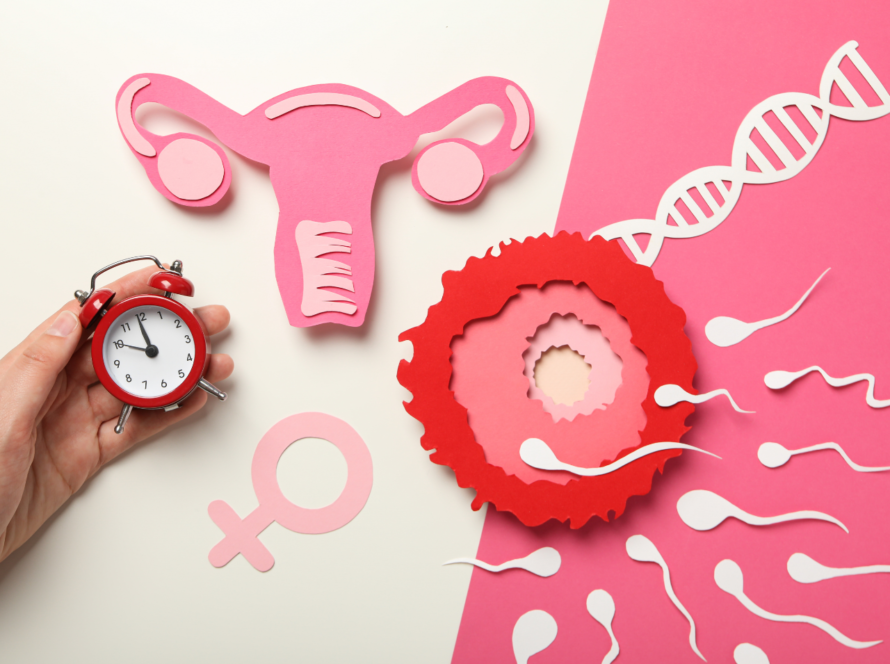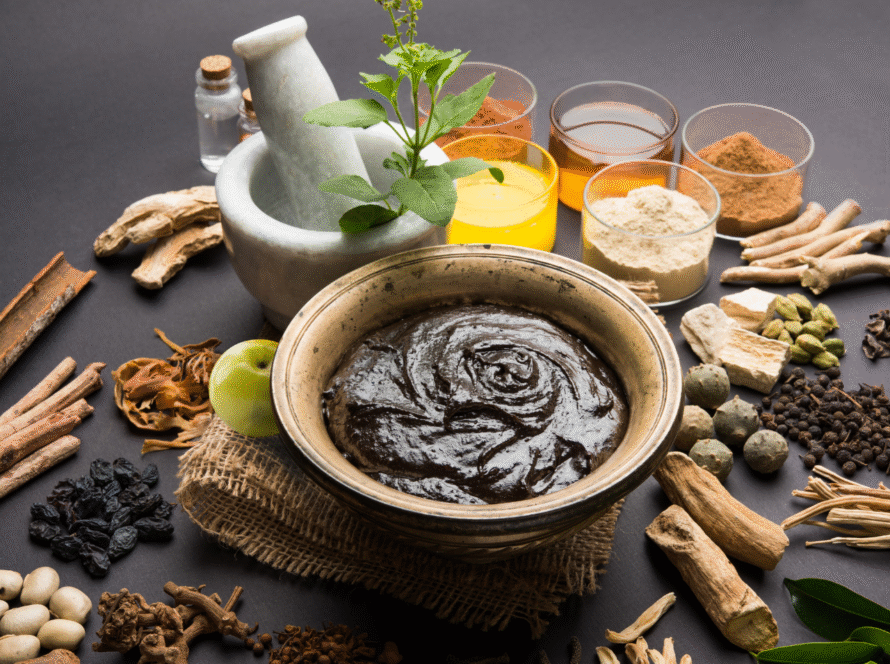Turning 30 is a beautiful milestone — often a time of emotional maturity, stability, and deeper self-awareness. For many women in Tamil Nadu and across India, this is also the age when thoughts of starting or expanding a family begin. But biologically, fertility begins to slowly decline after 30, especially after 35.
The good news? There are several natural, science-backed methods that can help boost your fertility, improve egg quality, regulate hormones, and prepare your body for pregnancy.
Whether you’re actively trying to conceive or just planning for the future, this guide will empower you with holistic and natural ways to support your fertility after 30.
Understand How Age Affects Fertility
It’s important to understand the science before jumping into solutions. Here’s what happens as we age:
- Women are born with a finite number of eggs. As we age, both the quantity and quality of these eggs decline.
- After 30, the chance of conceiving naturally per cycle drops slowly.
- After 35, the decline becomes steeper and miscarriage risks also increase.
But remember: Age is just one factor. With the right lifestyle, you can still improve your chances of natural conception.
Eat a Fertility-Enhancing Diet
Your food is your first fertility medicine. Here’s what to include in a Tamil-style fertility-friendly diet:
Increase:
- Iron-rich foods: Spinach (keerai), drumstick leaves (murungai ilai), dates, sesame seeds.
- Protein: Eggs, paneer, pulses, fish (especially sardines, mackerel).
- Healthy fats: Coconut, ghee, nuts, and seeds.
- Whole grains: Red rice, millets (kambu, samai, kuthiraivali).
- Antioxidants: Fruits like guava, papaya (avoid in early pregnancy), gooseberry (nellikai), oranges.
Avoid:
- Deep-fried snacks, processed foods, excessive sugar and refined flour (maida).
- Caffeine overload (limit tea/coffee to 1 cup/day).
- Cold or leftover foods — eat fresh and warm.
- Hydration tip: Drink at least 2.5 to 3 liters of water daily, preferably warm water.

Hormonal imbalances can affect ovulation and cycle regularity. Here’s how to balance hormones:
- Sleep: Aim for 7–8 hours of sleep daily. Sleep impacts hormonal health directly.
- Reduce sugar: Excess sugar increases insulin, which can disrupt ovulation.
- Herbal support: Include fenugreek (vendhayam), ashwagandha (after consulting doctor), and tulsi in your diet.
- Manage thyroid: If you suspect tiredness, irregular cycles or hair fall, get your thyroid checked.
Stress is one of the most underestimated causes of infertility. Chronic stress disrupts ovulation.
Natural Tamil solutions:
- Yoga and breathing (Pranayama): Practices like Bhramari, Nadi Shodhana are extremely effective.
- Meditation: Just 10–15 minutes daily can calm your nervous system.
- Walking in nature: A morning walk near a temple, lake, or green space works wonders.
- Journaling or prayer: Pouring your thoughts to God or onto paper can relieve emotional burden.
Bonus: Try Agni Sara and Vajrasana (under yoga guidance) — both are proven to improve reproductive health.
Exercise — But the Right Way
Over-exercising or being sedentary both harm fertility. The sweet spot is:
- 30–45 minutes of light to moderate movement: walking, yoga, cycling, dancing.
- Avoid high-intensity workouts or HIIT unless you are used to them.
- Pelvic exercises (like pelvic tilts or Kegels) increase blood flow to reproductive organs.
Track Your Cycle Naturally
Knowing when you ovulate is key to increasing your chances.
Track using:
- Basal Body Temperature (BBT) chart
- Ovulation Predictor Kits (OPKs)
- Observing cervical mucus changes
- Apps like Clue or Flo
Natural signs of ovulation include: mild abdominal cramps, clear stretchy mucus, increased libido, and slight temperature rise.
Say No to Smoking & Limit Alcohol
- Smoking (even passive smoke) lowers egg quality.
- Alcohol can affect ovulation and hormone production.
- It’s best to avoid both when trying to conceive.
When to Seek Help
If you’ve been trying for more than 6–12 months without success (depending on your age), it’s a good idea to consult a fertility specialist.
At Mithran Fertility Center in Chidambaram, Tamil Nadu, we specialize in personalized care for women over 30. Our holistic approach includes diet counseling, hormone balance, and fertility therapies like IUI, IVF, and laparoscopy — all under one roof.
FAQs
Yes! Many women conceive naturally after 30 with the right lifestyle and regular cycles. Fertility does decline, but it’s still very much possible.
If you’re under 35, try for 12 months. If you’re over 35, seek help after 6 months of trying without success.
Foods rich in zinc, folate, and healthy fats help — like drumstick leaves, sesame, nuts, whole grains, and eggs.
PCOS can be more challenging to manage after 30 if lifestyle is not addressed. But with diet, weight control, and support, many women conceive.
It’s best to consult a doctor before taking herbal supplements. Some herbs may not suit your body type or can interact with medications.
Conclusion
Being in your 30s doesn’t mean your fertility journey has to be stressful. With awareness, consistency, and lifestyle changes, many Tamil women successfully conceive naturally even after 30.
Take care of your body. Nourish your mind. Listen to your cycles. And don’t hesitate to seek expert guidance when needed.
Your dream of motherhood is still very much possible — and we’re here to support you every step of the way.




